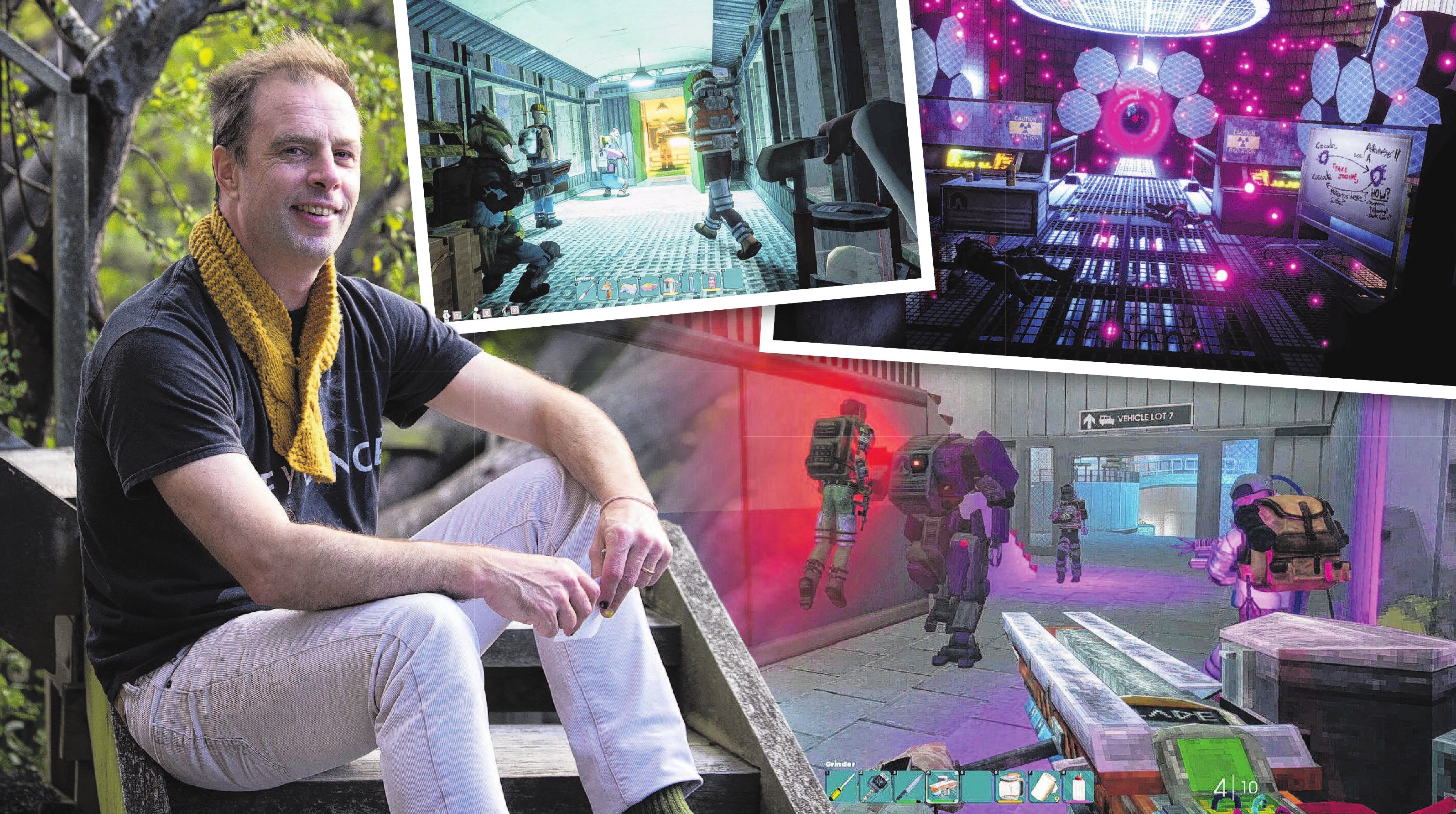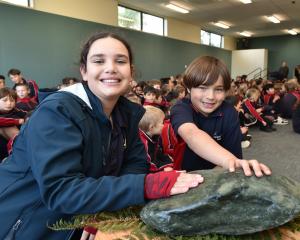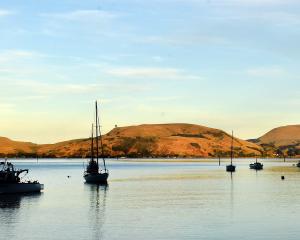
Abiotic Factor was sixth on the best-seller list of global online game platform Steam on Saturday, and by yesterday had risen to fifth.
Deep Field Games producer and narrative designer Henry Feltham said not even in his most blue-sky hopes had he imagined such an outcome.
"It really is a surprise. I am over the moon," the Broad Bay resident said.
Although he thought the game would be loved by a core of people, before the early-access release on Friday he had expected a small to middling response.
"It just turns out that that core of people is much larger than we expected.
"Huge games can have much bigger numbers, but when you look at our game, which is a relatively small game and a small team, those numbers are stellar.
"They’re still going up. The game’s been out for two days, and the numbers are just climbing and climbing and climbing."
Steam is one of the world’s most popular digital video game platforms to buy and play video games online. It has millions of daily users.
It also has social media features and community message boards.
Large companies and small indie creators use the platform to distribute their games.
When the Otago Daily Times spoke to Mr Feltham yesterday afternoon, the game was being played by about 11,000 people. The total number using the platform at the time was about 24 million.
Of the 1280 reviews that had been left, an overwhelming 98% were positive.
It had been played in many countries, from the United States and Brazil to Russia and Japan, Mr Feltham said.
The premise of the game was that players were scientists left behind in a secret underground research facility, trying to survive against paranormal and military threats. They had to work with other players to invent equipment and escape to the surface sector by sector.
"It’s a very rich, deep game and I think part of the reason we were received so well is people didn’t realise how deep the game was — how much content there was, and how detailed."
As an early access game, only part of it had been delivered, and funds from the early release would be used to pay for the rest of development.
There was a risk that early access games would be left unfinished, but this was not the case for Abiotic Factor.
"When a game like this lands well and it gets a lot of attention, success breeds success."
It had taken about two and a-half years to reach this point, and Deep Field Games would continue work on the game throughout the coming months.
Mr Feltham worked closely with Geoffrey (Zag) Keene, the design leader and mastermind behind the way pieces of the game were put together.
Altogether there was a team of about 12 people involved in developing the game, many of whom lived in Dunedin.
A major factor in their success was the early support of the New Zealand Centre of Digital Excellence (Code), Mr Feltham said.
Code was established in Dunedin in 2019 to expand video game development, and was funded by the government’s Kānoa — Regional Economic Development & Investment Unit.
In 2022 it granted $150,000 to Deep Field Games for the development of Abiotic Factor.
"That has been exceptionally useful and positive for us, because it really provided us with the sort of seed funding to get off the ground," Mr Feltham said.












